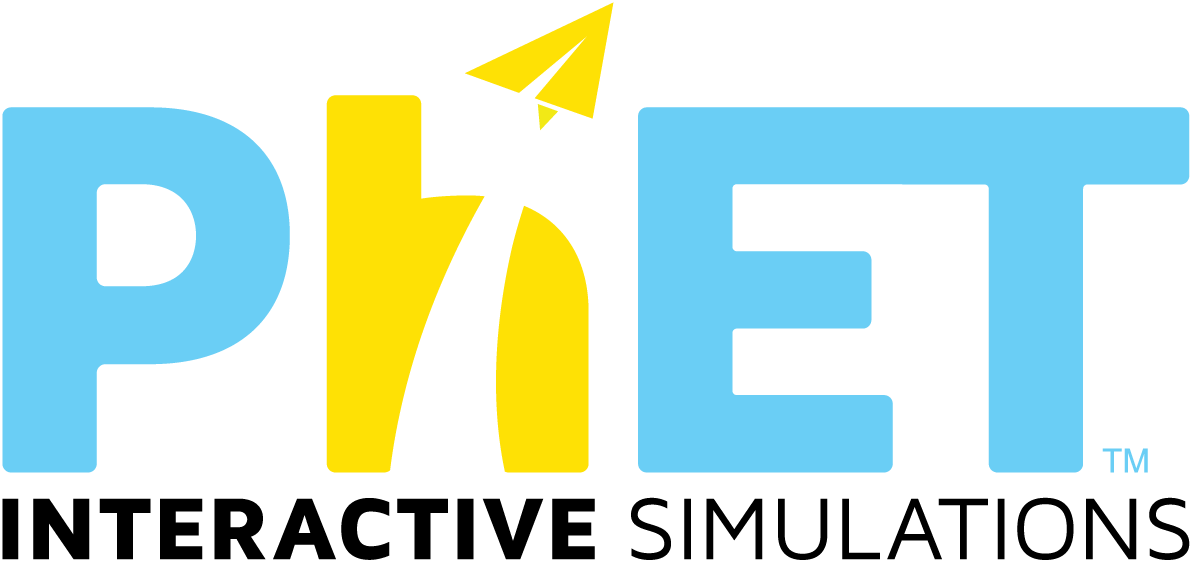120 bilaketa-emaitzak bohr model rekin bat datozenak
Simulazioak
- Aritmetika (HTML5)
- Azalera-modeloa hamartarrekin (HTML5)
- Azalera-modeloan algebra (HTML5)
- Azalera-modeloan biderkaketa (HTML5)
- Azalera-modelorako sarrera (HTML5)
- Berdintasun-esploratzailea (HTML5)
- Berdintasun-esploratzailea: bi aldagai (HTML5)
- Berdintasun-esploratzailea: oinarrizkoak (HTML5)
- Efektu fotoelektrikoa
- Eraiki atomoa (HTML5)
- Hamarrekotan (HTML5)
- Hidrogeno-atomoaren ereduak
- Marruskadura (HTML5)
- Materiaren egoerak (HTML5)
- Molekulen formak (HTML5)
- Nukleo bat eraiki (HTML5)
- Plinko Probabilitatea (HTML5)
- Rutherdord-en esperimentua (HTML5)
- Seinalearen zirkuitua
- Soinua
- Zenbaki-lerroa: eragiketak (HTML5)
- Models of the Hydrogen Atom (HTML5)
Jarduerak
- Bohr's Model of the Hydrogen Atom
- Exploring Bohr’s Model of the Atom
- Using the area model with expressions
- Model of the Hydrogen Atom Handout
- Area Model Decimals - Grade 6
- Expandiendo y Factorizando Expresiones Algebraicas
- Expanding and Factoring Algebraic Expressions
- Area Model Intro Simulation
- Using an Area Model to Multiply
- Build an Atom WebLab
- Exploring Factoring as Undoing the Distributive Property
- Algebraic Expressions
- Expresiones Algebraicas
- Models of Hydrogen Exploration
- Rutherford Scattring Simulation
- Santos Protones
- Area Model Algebra - Multiplying Polynomials
- Greenhouse gases - sense making by observing photons
- How Will This Isotope Decay?
- Using the particle model to explain states of matter
- Modeling Friction (Inquiry Based)
- Rutherford Scattering--Building the Atomic Model Activity
- Arithmetic (Multiply)
- Contrucció d'àtoms
- Would You Rather ...
- Introduction to Energy Model
- computeropdracht atoombouw; leren over atoombouw
- Reactions and Rates 1 Introduction to reactions (Inquiry Based)
- Build an Ion Inquiry Activity
- Exploring Quantum Models of the Atom
- Molecule Shapes - Guided-Inquiry Activity
- Mixing paint with ratios
- Properties of representations of linear functions
- SNC 2D0 - Building Molecules Activity 2020
- Modeling Gravity
- De números a letras: descubriendo la propiedad distributiva
- Álgebra en construcción: el modelo oculto de las áreas
- ARTICULANDO ÁLGEBRA E GEOMETRIA: O CASO DAS EQUAÇÕES ALGÉBRICAS NO ESTUDO DE ÁREAS
- Usando el Modelo de Áreas con Expresiones
- Os quadrados perfeitos
- Distributive Property Review
- Measuring waves using wave on a string model
- Neuron - an inquiry lesson idea
- Basic Electricity: short inquiry activities includes ideas for several sims
- Modeling a linear simple harmonic oscillator
- projectile motion
- Middle School Math Sim Alignment
- NGSS Eating and Exercise Activity HS-LS1-2
- Build a Molecule
- Friction Quantitative Lab
- Build a Molecule
- Molecules Are Made Up of Atoms
- Sound: An Introduction (Inquiry Based)
- Comparing Equivalent Expressions
- Build a Molecule
- Understanding the Photoelectric Effect
- Resistance in a Wire Remote Lab
- PhET LAB Alpha (IB 7.2)
- PhET LAB Beta (IB 7.2)
- Atomic Models and Spectroscopy
- Middle School and High School Common Core Alignment Document
- Games Remote Lesson ideas
- Atividades sobre os Modelos Atômicos
- Build an Atom: Introduction
- Gases Understanding physical properties of gases (Inquiry Based)
- Quantum Wave Interference, PhET, Worksheet, High Intensity, Problems
- Build an Atom
- Models of the Atom
- Ohm's Law
- Molecule Shapes Advanced
- Natural Selection Lesson by UTeach
- Intro Lab
- Rutherford Goil Foil vs. Other Metals
- Chemistry Theater
- Coulomb's Law Lab
- Physics Graphing and Introduction to Models
- Atomic models homework (Inquiry based)
- Refraction and Snell's Law Lab
- The Covalent Bond Between Two Atoms
- SECUNDARIA: Alineación PhET con programas de la SEP México (2011 y 2017)
- PREPARATORIA: Alineación de PhET con programas de la DGB México (2017)
- Data Detective
- Stimulating Neurons
- Unit Rate as Slope
- Making use of the Sound Simulations
- Using the Coulomb’s Law PhET Simulation: Concept Development for Understanding Electrostatic Forces
- LKPD Usaha dan Energi
- Spinometer
- Greased Lightning
- Investigating Gravitational Interactions
- circuits in parallel and in series
- Wave Interference Lab: Path Difference impact on Constructive and Destructive Interference
- Imaju li i plinovi svoje zakone ?
- Molecule Design Challenge Pre-Activity
- Simple Inquiry-based Build an Atom Simulation Student worksheet
- Optical Quantum Control_Optical Pulse Shaping_PhET
- Climate Change - The Gas Phase
- Lembar Kerja Peserta Didik (LKPD) untuk Materi Gelombang Cahaya


